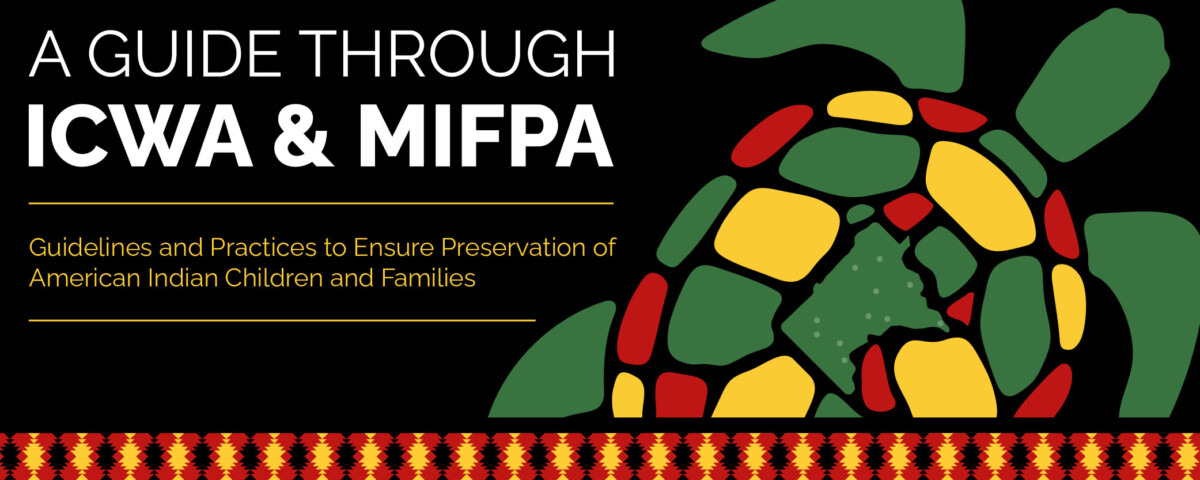
Guidelines and practices to ensure preservation of American Indian children and families
The Minnesota Department of Human Services (DHS) American Indian Well-Being Unit (formerly known as ICWA Unit), in partnership with CASCW, created a podcast series to help guide child welfare professionals through the six major provisions of the Indian Child Welfare Act (ICWA) and the Minnesota Indian Family Preservation Act (MIFPA). Team members Carrie Owen, Richie Smith, SommerDey Rosette, and Cindi Miller guide learners through each of these provisions providing overview of legal definitions, best practices, frequently asked questions and stories.
Introduction: Why is ICWA Important?
This introductory episode outlines the federal ICWA requirements that apply to all state child custody proceedings involving native children. The hosts will also provide the background of MIFPA and its amendments that strengthen and expand parts of ICWA. Each episode in the series will begin with an introduction to the legal definitions that will guide the application in practice, followed by frequently asked questions, ending with a personal story from a team member that highlights the importance of ICWA and MIFPA.
Episode 1: Inquiry
This episode describes the process of Inquiry and how it is considered an active effort. Local social service agencies and private licensed child placement agencies are responsible for finding out if a child has Indian heritage. This episode will also answer frequently asked questions and share best practices regarding Inquiry.
Episode 2: Minnesota Indian Family Preservation Act (MIFPA) Notice
This episode outlines the purpose of the MIFPA Notice, which is intended to involve the Indian child’s tribe at the earliest point possible. Early engagement and collaboration between the child welfare agency and tribes and the establishment of a good working relationship can lead to better outcomes for Indian children and their families. The episode also addresses frequently asked questions regarding MIFPA Notice and best practices.
Episode 3: Indian Child Welfare (ICWA) Notice
This episode addresses the types of proceedings and who should receive the ICWA Notice. The hosts review frequently asked questions regarding ICWA Notice.
Episode 4: Active Efforts
This episode discusses how Active Efforts are covered under both ICWA Act and also under MIFPA. Active Efforts under ICWA include remedial service and rehabilitative programs or preventive measures. Under MIFPA, active efforts include acknowledging traditional helping and healing systems of an Indian child’s tribe and using these systems as core to help and heal the Indian child and family. This episode will also address frequently asked questions regarding Active Efforts.
Episode 5: Qualified Expert Witness
In this episode, you will learn the laws that qualified expert witness (QEW) covers in both ICWA and MIFPA. The episode also shares best practices, frequently asked questions and a story from an ICWA Compliance Consultant.